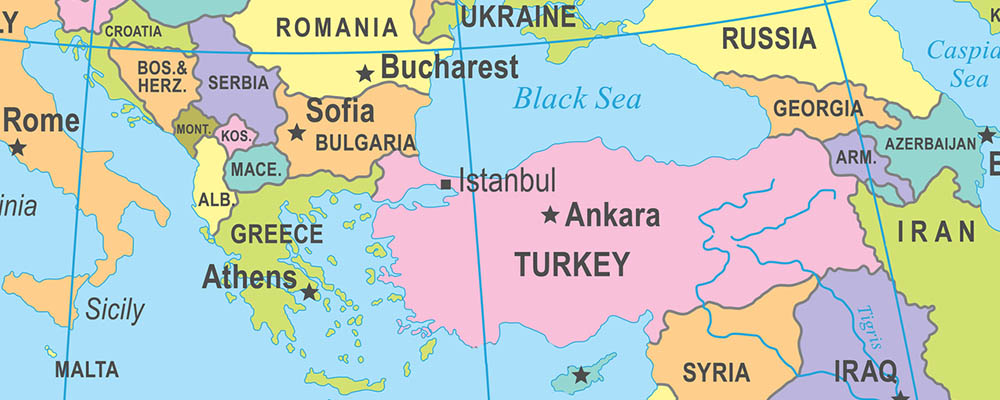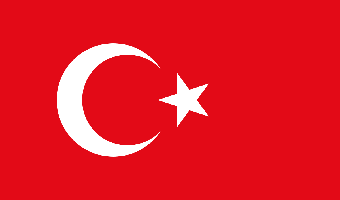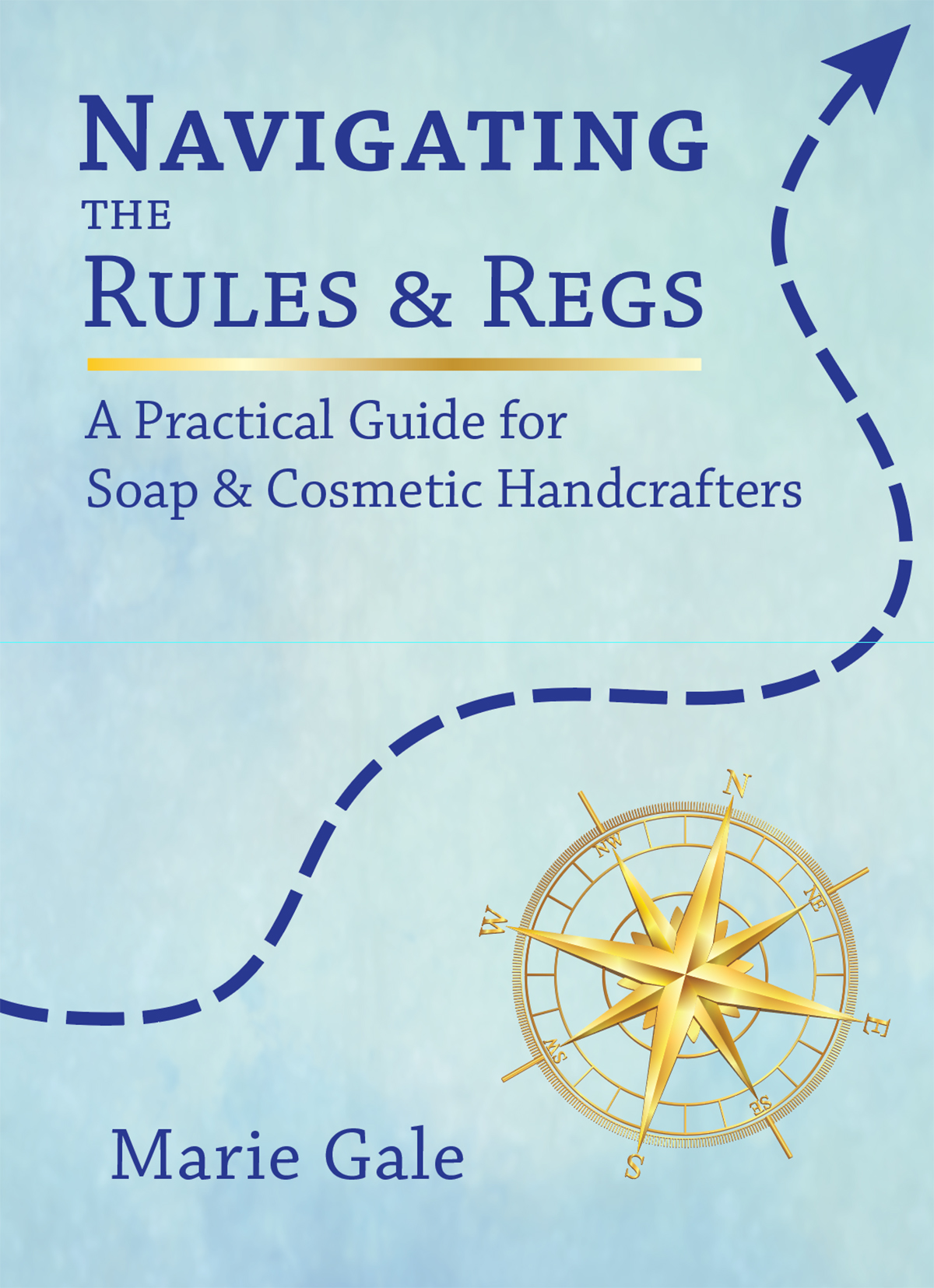Ever wondered what the cosmetic regulations are in a country outside the US, Canada, and the EU? Let’s take a look at Turkey.
Turkey?
The Republic of Turkey is located mainly in western Asia, with a small portion in Southeast Europe. It has the Black Sea to the north, Mediterranean Sea to the south, and Agean Sea to the west, and shares borders with Georgia, Armenia, Azerbaijan, Iran, Iraq, Syria, Greece, and Bulgaria. Ankara is the capital and Istanbul is the largest city.

According to Wikipedia, Turkey is a “regional power and a newly industrialized country with a geopolitically strategic location.” It has been an independent republic since 1923. They have been in negotiations to join the European Union since 2005.
Cosmetic Manufacturers
In Turkey, cosmetic products and manufacturers are covered by Cosmetics Law No. 5324. The Turkish Medicines and Medical Devices Agency (TMMDA) of the Ministry of Health issues and enforces the regulations (or guidelines).
It appears that the Cosmetics Law addresses the responsibilities and requirements of cosmetic manufacturers. Under the Cosmetics Law, an individual or business that makes or improves a cosmetic is a manufacturer. Like here in America, it seems that anyone who handles the product and could affect its safety bears responsibility as a manufacturer. In addition, when a product is imported, the local representative and/or importer are treated as the manufacturer.
Regulations and Requirements
Cosmetics may only be sold if they are in compliance with the regulations.
Good Manufacturing Practices
Cosmetic products must be manufactured in accordance with the Cosmetics Good Manufacturing Practices Guide. I couldn’t access a copy in English, so I don’t know how it compares with the ISO 22716, Cosmetic Good Manufacturing Practices or the US Cosmetic GMP Inspection Checklist or Draft Guidance.
Product Notifications
New businesses must notify the TMMDA of their existence (register). Before a cosmetic product may be sold, the TMMDA must be notified and information about the product (including formulation) must be provided. If there are any changes made to the formulation or if there are any serious adverse events, these must also be reported.
Product Information File
The manufacturer is required to keep a Product Information File on the product for 10 years from the date the last batch was placed on the market. The PIF must contain the details of the product (formulation), specifications for raw materials, manufacturing methods (and documentation that these meet GMP standards), documentation of the professional competence and necessary experience of the manufacturer to make the product. If requested, the file must be provided to the TMMDA within 3 days.
Responsible Technical Personnel
Personnel with professional competence and experience should be employed to ensure the product complies with legislation and GMP requirements. Such personnel may be a chemist, biochemist, chemical engineer, biologist, or microbiologist (provided he/she has at least 2 years experience in the cosmetic industry), or a pharmacist.
Product Packaging and Labeling
The following information must be placed on the packaging of a cosmetic, in non-erasable, easily visible, and legible form:
- List of ingredients
- Precautions and directions
- Minimum durability of product (shelf life)
- Function of product (if not otherwise clear)
- Net contents
- Corporate name and address of manufacturer in Turkey
- Country of origin (if imported)
- Manufacturing code
Enforcement for Non-Compliance
All sorts of enforcement actions are possible, ranging from warnings, restriction of sale, recalls, partial or complete destruction of the product, and/or fines from 60,000 to 300,000 Turkish Lira (about $3,400 to $17,000 US Dollars). The TMMDA can also announce measures taken in newspapers, on television, or on the internet. They have the power to reclaim, destroy, or close the production site. Finally, depending on the severity, criminal charges are possbile.
The Takeaway
The laws in Turkey are somewhat similar to those in EU countries; that is, they require pre-notification and registration of facilities and products and impose requirements for the training and qualifications for those making cosmetics.
The labeling portion is quite similar to all other international requirements.
We are very lucky in the US that our cosmetic regulations (at least at present) recognize the general safety of cosmetics and allow a higher level of self-governance for cosmetic manufacturers. It is still possible to start and grow a small business without impossible legislative burdens.
To keep it that way, it is important to support activities such as the legislative advocacy work of the Handcrafted Soap and Cosmetic Guild, which seek to protect small cosmetic makers in the US.




Leave a Reply